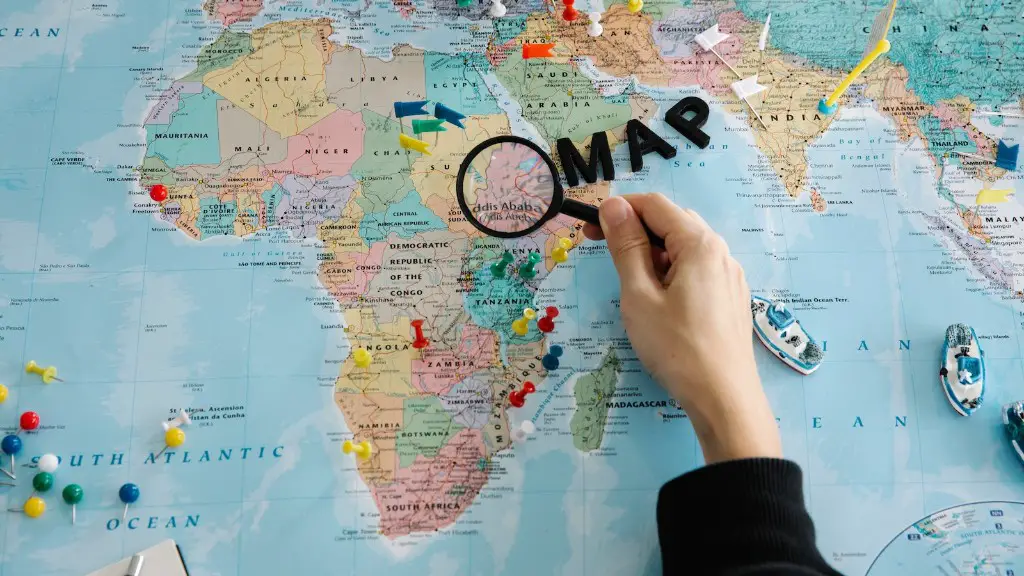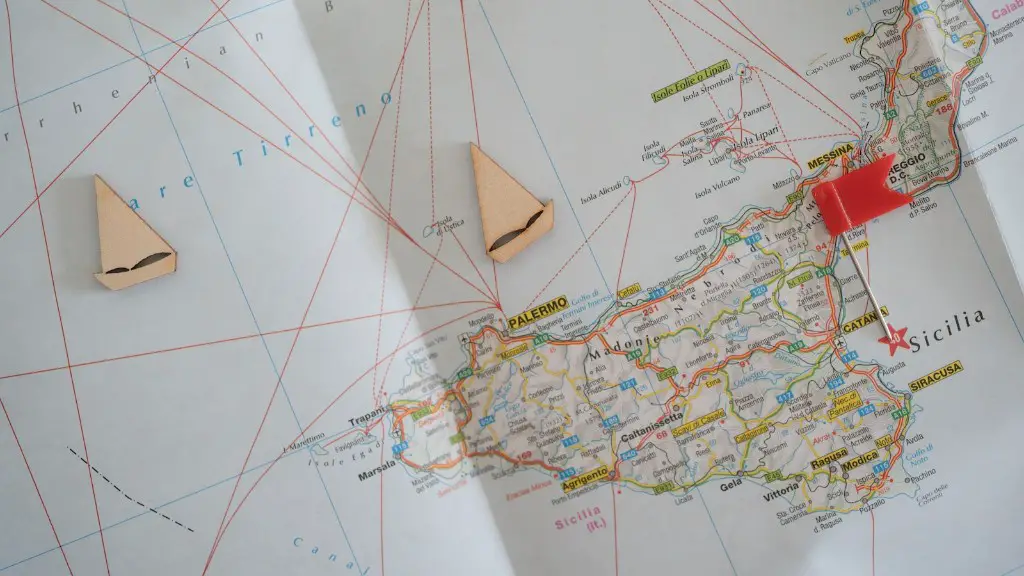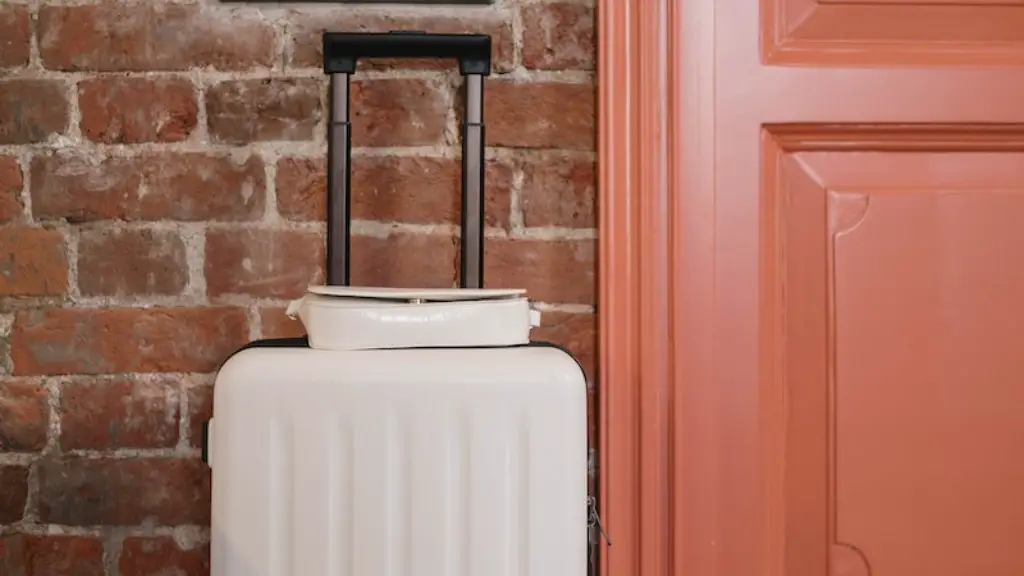When you are looking for travel insurance, there are a few things that you should keep in mind. First, you need to make sure that the company is reputable and has a good reputation. Second, you need to make sure that the policy covers you for the things that you need it to cover. Third, you need to make sure that the policy is affordable for you.
Some people may think that any old travel insurance will do, but there are actually a few things you should look for in a policy before you buy it. Make sure that the policy covers you for any medical expenses that may occur while you’re away, as well as any activities you plan on doing (such as skiing or scuba diving). You should also make sure that the policy covers you for lost or stolen luggage, and that it will reimburse you for any cancellations or changes to your travel plans.
Which insurance is best for Travelling?
There are a few things to consider when choosing the best travel insurance plan for you. First, you’ll want to make sure that the plan covers you for your specific needs. For example, if you’re traveling to a country with a high risk of disease, you’ll want to make sure that your plan covers you for medical evacuation and treatment. Second, you’ll want to make sure that the plan covers you for the activities you’ll be doing while on your trip. For example, if you’re planning on doing a lot of hiking, you’ll want to make sure that your plan covers you for emergency medical assistance in the event of an injury. Finally, you’ll want to make sure that the plan covers you for the length of your trip. For example, if you’re planning on staying in a country for six months, you’ll want to make sure that your plan covers you for that entire time period.
When choosing a travel insurance policy, always make sure to include medical expenses and cover for getting you home if you’re injured or fall ill abroad. Personal injury and cover for accidents or damage caused by you should also be included. Cover for lost or damaged items is also important to consider.
How much should you expect to pay for travel insurance
If you’re considering whether or not to buy travel insurance, it’s important to keep in mind that the average cost is somewhere between 4-12% of your total trip cost. In an emergency situation, you could be faced with tens of thousands of dollars in expenses, so the insurance plan could be a fraction of your trip cost in comparison. Ultimately, it’s up to you to decide whether or not the peace of mind is worth the cost.
It is important to have travel insurance when going on vacation in order to be protected in case of any unforeseen events. According to Godlin, the top claims are for trip cancellation, medical expenses for emergency illness and injury, and reimbursement of certain trip costs if a trip is interrupted. Travel insurance can give you peace of mind knowing that you are protected in case of any unforeseen events.
What travel insurance will not cover?
Most travel insurance policies will not cover any claims arising from accidents or theft while the policyholder is under the influence of drugs or alcohol. This is because insurers typically view these activities as high-risk and therefore exclude them from coverage. If you are planning to participate in any activities that may involve drugs or alcohol, it is important to check your policy wording to see if you are still covered.
It’s always a good idea to have travel insurance in case of any unforeseen circumstances. Single trip cover is a great option for those who are only travelling once or for a short period of time. It’s important to check the policy details to see what is and isn’t covered, so that you’re not left out of pocket if something does happen.
What are three types of travel insurance?
There are three main types of travel insurance coverage: medical insurance, cancellation/interruption insurance, and luggage insurance.
Medical insurance covers the cost of any medical treatment you may need while traveling. This can include emergency evacuation, hospital stays, and doctor’s visits.
Cancellation/interruption insurance covers the cost of your trip if you have to cancel or interrupt it for a covered reason, such as a serious illness or the death of a close relative.
Luggage insurance covers the cost of lost, stolen, or damaged luggage. It can also cover the cost of replacement items if your luggage is delayed.
There are two basic types of travel insurance: Vacation Plans and Travel Medical Plans. Vacation Plans provide the most coverage, including trip cancellation. When people think of “travel insurance”, they are thinking of a Vacation Plan. Travel Medical Plans provide medical coverage while traveling abroad.
Do I buy travel insurance before or after booking
If you’re planning on buying travel insurance, it’s best to wait until after you’ve booked your flight. That way, you’ll know the full cost of your ticket and can make sure your insurance will cover it. In the event that you need to file a claim later, you’ll be glad you did!
If you’re thinking of buying travel insurance, there’s no need to wait until the last minute. The price of travel insurance doesn’t increase the closer you get to your travel date, so you can shop around for the best policy without worry.
When should I buy travel insurance before trip?
It is advisable to purchase travel insurance as soon as you book your trip. Travel insurance that includes trip cancellation benefits may help you recover non-refundable trip costs if you have to cancel your travel plans due to a covered reason in the run-up to your trip.
As you get older, you will find that the price you pay for insurance will increase. This is especially true for travel insurance, as insurers perceive older travellers as being at a greater risk of making claims. However, there are still ways to find affordable coverage, so be sure to shop around and compare rates before buying a policy.
What are the risks of travel insurance
There are four main pitfalls travellers run into when it comes to travel insurance: voiding insurance by undertaking a risky activity, pre-existing medical conditions, inadequate insurance cover, and purchasing the wrong type of travel insurance for their needs.
voiding insurance by undertaking a risky activity: Many travelers are unaware that their travel insurance policy may be voided if they engage in a risky activity while on their trip. Some common risky activities include bungee jumping, skydiving, and rock climbing. Be sure to check the fine print of your policy to see if there are any exclusions for risky activities.
pre-existing medical conditions: Many people are unaware that their travel insurance will not cover them for any pre-existing medical conditions they may have. Be sure to disclose any pre-existing medical conditions you have when purchasing travel insurance.
inadequate insurance cover: Many travel insurance policies have inadequate cover for things like medical expenses and change of plans. Be sure to check the cover limits of your policy before purchasing it.
purchasing the wrong type of travel insurance for their needs: There are many different types of travel insurance available, and it can be confusing to know which one is right for you. Be sure to do your research and
There are a few important questions to ask when choosing travel insurance:
1. What kind of trip am I taking?
2. Who’s travelling with me?
3. Which countries are covered?
4. What doesn’t my policy cover?
5. What does my policy cover?
6. What is the excess?
7. Is my medical condition covered?
8. Is personal liability cover included in my policy cover?
Asking these questions will help narrow down the options and find the best policy for the trip.
Does travel insurance cover 100%?
There are a few different reasons why you might want to consider getting CFAR travel insurance. One reason is if you don’t feel comfortable traveling due to COVID-19 cases or quarantine recommendations. In this case, the insurance can help reimburse you for some of your trip costs. Another reason is if you have to cancel or interrupt your trip for a covered reason. This could include things like sickness, bad weather, or a death in the family. The insurance can help reimburse you for some of your non-refundable trip costs.
A travel medical policy is a great option for those who are looking for coverage for medical expenses while traveling. This type of policy can cover doctor or hospital visits, medical evacuation and repatriation. Trip insurance can also cover the financial investment of an international or domestic trip.
Final Words
There are a few things to consider when looking for travel insurance. The first is what type of coverage you need. There are many different types of policies available, so it is important to find one that meets your specific needs.
Another thing to consider is the company’s financial stability. Make sure to research the company and read reviews to ensure that they will be able to cover you in the event of a claim.
Finally, consider the cost of the policy. Travel insurance can be expensive, so be sure to compare rates before buying.
There are many things to look for in travel insurance, but some of the most important factors to consider are coverage limits, exclusions, and the financial stability of the insurer. Make sure you understand what is and is not covered by your policy, and select an insurer that is likely to be able to pay out on any claims you may have.





